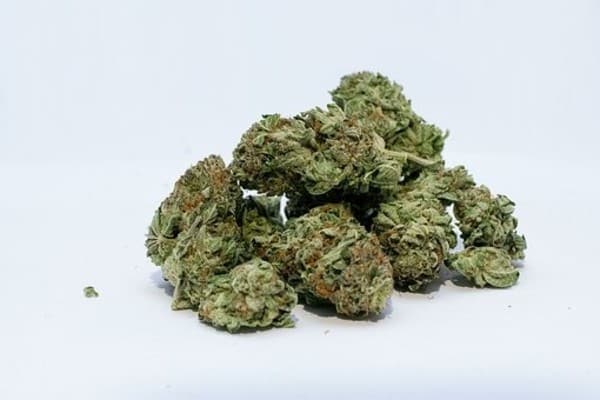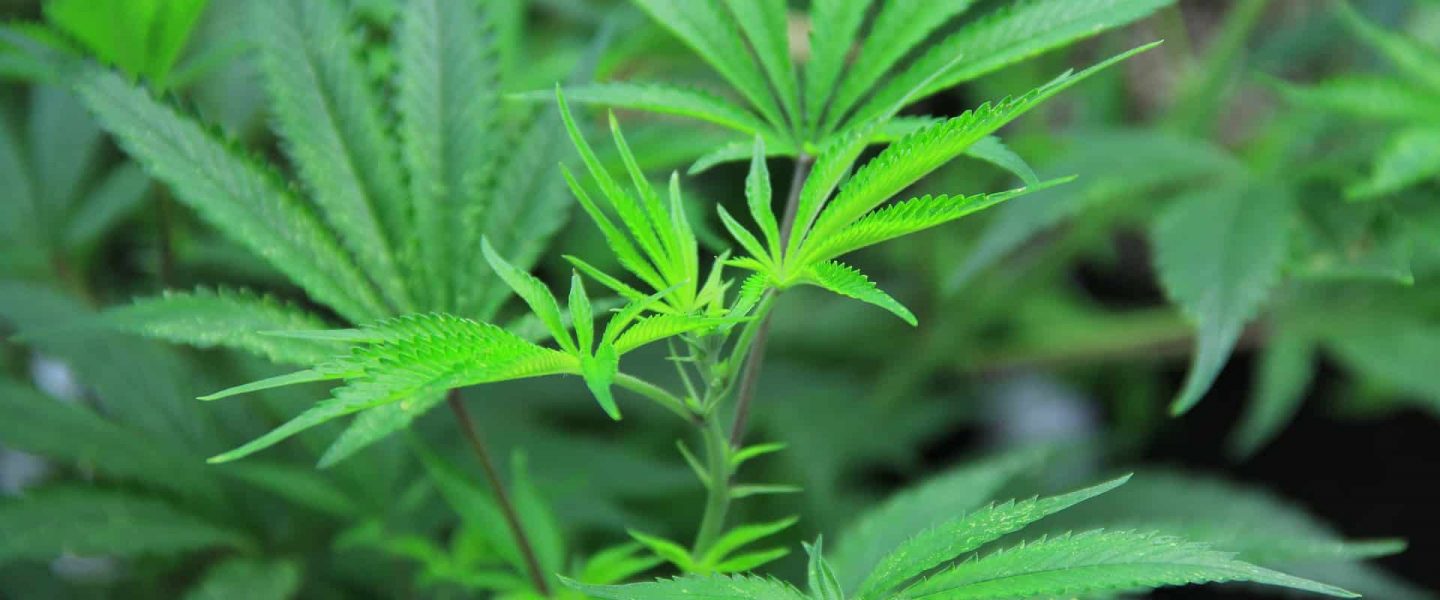
By Maureen Meehan
Chuck Schumer (D-NY) introduced a bill on Wednesday June 27th that would remove marijuana from the DEA’s list of controlled substances, which would allow states to determine their own cannabis policies without fear of federal interference.
Schumer, who announced his intention to file the bill in late April, was surely spurred on by recent midterm elections in which fellow ten-term, incumbent Democrat, Joe Crowley, was ousted by an independent 28-year-old Latina from Bronx, Alexandria Ocasio-Cortez.
The legislation, cosponsored by Sens. Bernie Sanders (I-VT), Tim Kaine (D-VA) and Tammy Duckworth (D-IL), intends to earmark $20 million annually to states and municipalities for administering, expanding or developing expungement and conviction-sealing programs for past marijuana possession convictions. Not less than half of the funds will go to public defenders and legal aid providers.
The bill, called the Marijuana Freedom and Opportunity Act, also provides funding to cannabis businesses owned by women and people of color through the Small Business Administration and toward research traffic safety and health effects of cannabis.
The time to decriminalize marijuana is now,” Schumer said in a press release.
“The new Marijuana Freedom and Opportunity Act is about giving states the freedom to be the laboratories that they should be and giving Americans – especially women and minority business owners as well as those convicted of simple possession of marijuana intended for personal use- the opportunity to succeed in today’s economy. This legislation is simply the right thing to do and I am hopeful that the balanced approach it takes can earn bipartisan support in Congress and across the country.”
Justin Strekal, political director for NORML, told Marijuana Moment that the expungement aspect of the bill “cannot be overstated.”
“Millions individuals have suffered from the lifelong collateral consequences of criminal prohibition, making it harder for them to find a job, obtain housing, and access to higher education,” said Strekal.

























